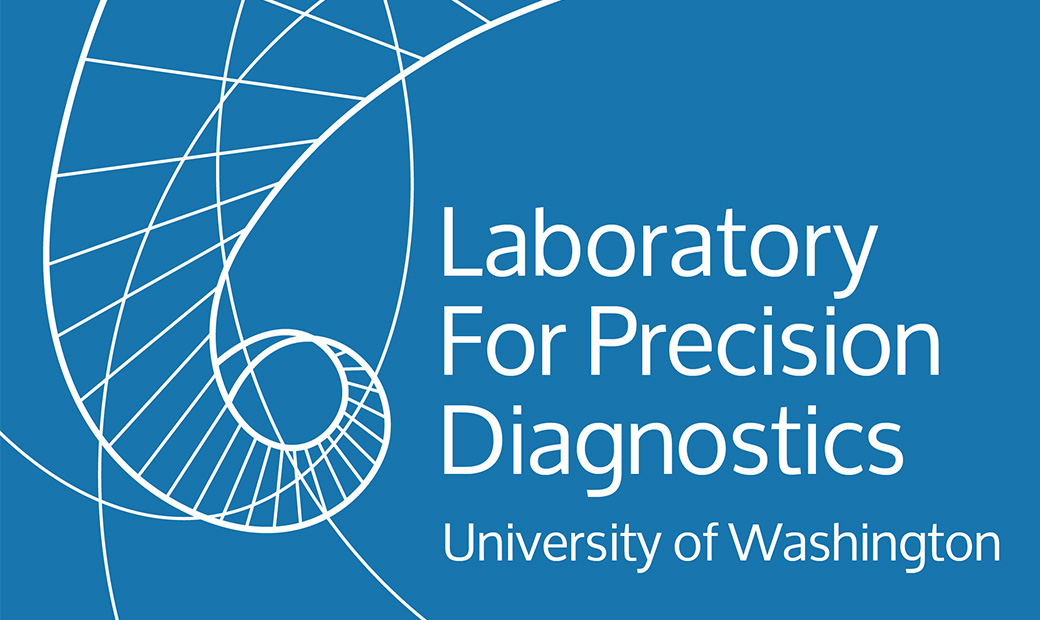The UW Laboratory for Precision Diagnostics (LPDx) is a state of the art CLIA Certified and CAP Accredited clinical genetic testing program. At LPDx we work with clinicians, families and researchers to provide accurate results with a rapid turnaround time and superior customer service. In addition to clinical testing, we offer consultation to scientists on the application of these technologies that in turn translates into robust research opportunities and improved patient care.
We are committed to highest quality professional genetic testing with:
- Leading-edge technology to rapidly solve clinical problems
- Immediate availability of directors, genetic counselors, and staff
- Superb University of Washington investigators to integrate interpretation of variants and explore disease mechanism
- Full insurance pre-authorization services
- Competitive pricing
We seamlessly integrate four laboratories to provide expert genetic analysis:
- The Collagen Diagnostic Laboratory provides sequence analysis of genes involved in inherited disorders of connective tissue: osteogenesis imperfecta, Ehlers-Danlos syndrome, and familial aneurysms. Committed to personalized and family testing, CDL continues to offer full gene sequencing and gene panel sequencing for candidate genes, single nucleotide testing in families with known pathogenic variants, familial testing for identified variants of uncertain significance, and prenatal diagnosis.
- The Northwest Clinical Genomics Laboratory brings to the Center the latest technology in exome sequencing. Exome analysis can be used to identify disease-causing sequence variants in individual or extended families. Panel tests, developed by experts in medical genetics and target specialties are continually updated with the identification of new pathogenic genes. ACMG guidelines for incidental findings are instituted to allow families to learn about variants in medically actionable genes with pathogenic potential if they so choose.
- The Clinical Genomics Laboratory offers FusionPlex® to detect gene fusions associated with solid tumors (e.g. brain cancer, color concer) or hematological malignancies, without prior knowledge of the fusion partners or the breakpoints of the translocations. The CGL also provides chromosomal SNP microarray analysis for both constitutional disorders and cancers. Abnormalities detected by SNP microarray include chromosome deletions, chromosome duplications and amplifications, copy neutral absence of heterozygosity (AOH) due to uniparental disomy (UPD) or identity by descent, and loss of heterozygosity (LOH) due to neoplastic transformation. Constitutional variants of uncertain clinical significance may either be reported or withheld, by provider request. For men with infertility, the CGL has PCR-based testing for Y chromosome deletions.
- The Flow Cytometry laboratory performs DNA content and cell cycle analyses of solid tissue specimens. The laboratory’s special expertise is in DNA content measurements of premalignant diseases of the GI tract, such as Barrett’s esophagus and ulcerative colitis, where the finding of DNA content is associated with elevated cancer risk, and the determination of ploidy in the differential diagnosis of molar pregnancies.

